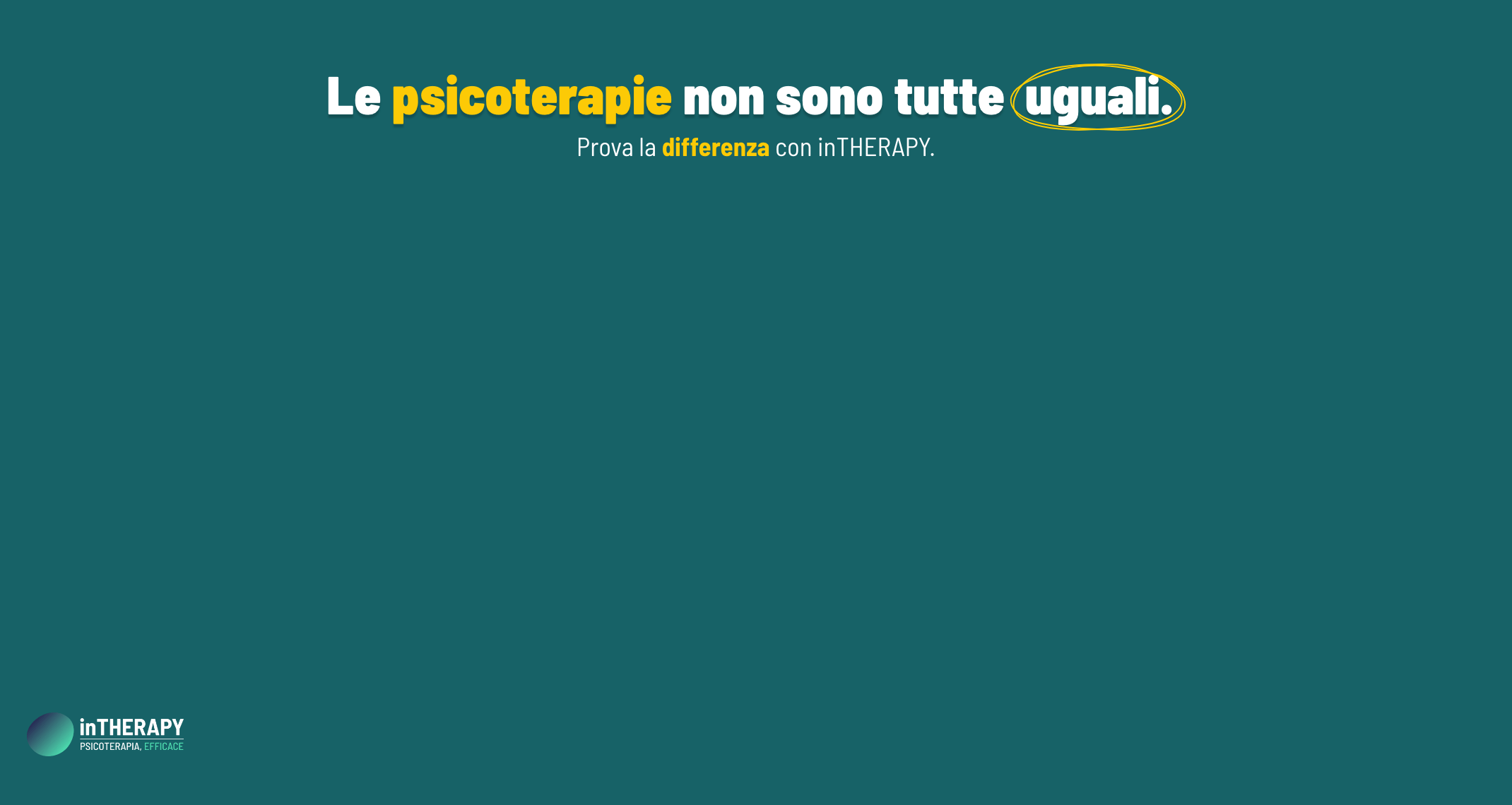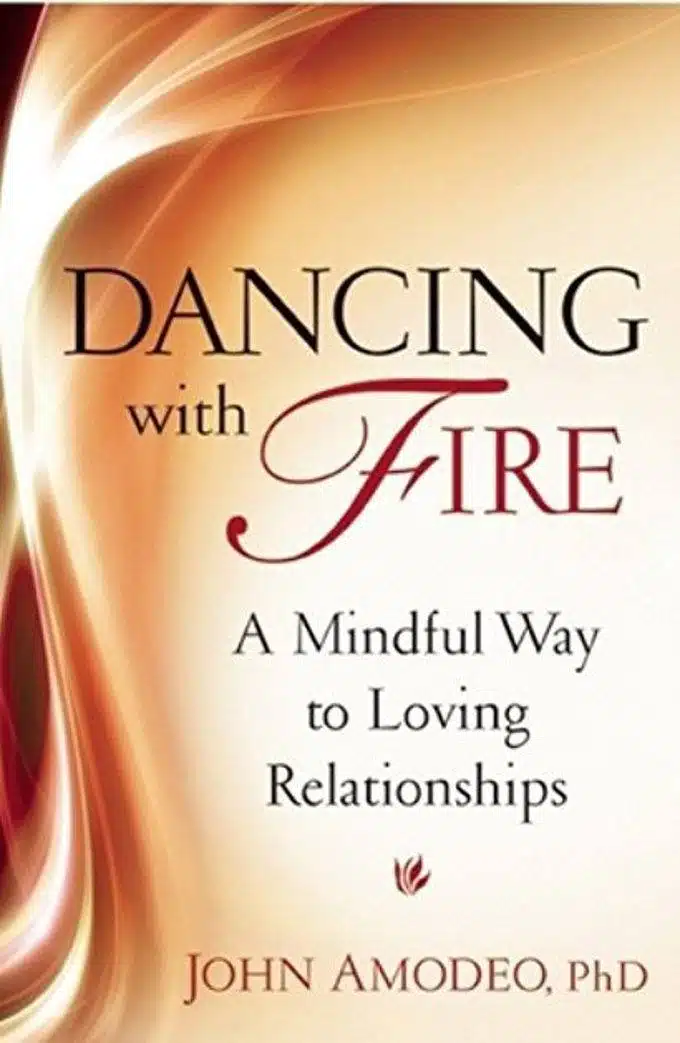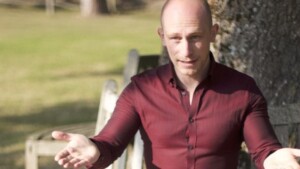John Amodeo is a psychotherapist expert in love and couple, author of the book Dancing with Fire: A Mindful Way to Loving Relationships, which won the Spirituality and Practice Award as one of the best spiritual books of 2013, as well as the 2014 Silver Independent Publisher Book Award in the relationship category.
Dancing with fire discusses relationships as a spiritual path in the dance of feeling and life. Drawing from his deep experience as a longtime therapist and meditator, Dr. Amodeo has given us a key to integrate personal growth with relational growth, learning to be a more healthy presence for others, but also for ourselves.
In these pages, the author invites us to look through the lens of Mindfulness. Dr John Amodeo shows us how to bring mindful, loving attention to all aspects of our intimacy, including the painful or difficult aspects. It teaches us to see, hear and embrace the vulnerable parts of ourselves and how this practice of “welcoming” creates a sense of empathy and unity with other human beings.
Starting from the conviction that the root of suffering is in isolation, what gives meaning to life are bonds, whether they are familiar, friendship or love.
It was an honor and a privilege for me to ask him some questions.
Interview with John Amodeo
Interviewer: Before reading the book, I immediately hit the title. Dancing with fire makes me think of something ancient and tribal, and even risky. What do you want to convey to the reader with this image?
Dr John Amodeo: The title came to me in a dream. I was seeing relationships as dancing with fire. Such deep passions get stirred within us. Strong longings for acceptance, connection, and love. We get burned when we don’t know how to dance with fire of our desires. Our longings can consume us when we don’t how to dance skillfully with them—engage with them in a wise, caring, mindful way.
Interviewer: You talk about authenticity and how this value improves the link with others. Being authentic also means being 100% yourself and exposing yourself and being vulnerable. As a therapist I know how difficult it is for people to accept and see their weaknesses, especially in their relationship. According to your experience, how is it done to be fully themselves and if this involves costs and compromises in the couple?
Dr. John Amodeo: It can feel very freeing to be authentic, to be ourselves. This means allowing ourselves to experience whatever we happen to be experiencing. Giving ourselves permission to feel sad, or afraid, or embarrassed, or angry—and take the risk to disclose this. Sometimes this means being vulnerable. It takes strength to be vulnerable; it’s not a weakness.
So we need to find resources within ourselves so that we can courageously reveal our authentic experience to another person. We need to find the inner strength to be real with people we want to feel close to.
This is how we create a climate for intimacy. Love and intimacy cannot be controlled. We can’t force or pressure people to love us or care about us. But we can take the risk to show our true feelings and wants. We can express ourselves in a clear, but gentle way. This often brings people toward us. It may feel scary to open up like this, but if we don’t, we risk losing our integrity and maintaining distance in our relationships.
Interviewer: I really like it when you talk about creating intimacy, which is not about sex or confidence, but about the climate of intimacy that develops when we feel “seen” on the other, listened to in depth and intimately connected.
Dr. John Amodeo: Yes, intimacy is created between two people who are willing to show themselves rather than hide. And we need to listen in a gentle and caring way to each other. There is a saying that God gave us two ears and one mouth for a reason. It is twice as hard to listen as it is to speak.
We can’t be “seen” unless we show ourselves. People may only see the image we project or the act we put on. To be truly seen in our essence begins by slowing down, finding some stillness inside, inquiring into what we are truly experiencing in the moment. It’s a kind of meditation or mindfulness practice to notice and honor whatever we’re feeling. Then we can chose to share that with a person we want to connect with.
It’s very delightful and enlivening when two people feel safe enough to show their authentic selves to each other. A deep richness and connection can flow between them as they hold each other’s feelings with respect—and hold each other with respect, gentleness, and kindness.
Interviewer: You make a distinction between desire and craving. Can you say something more?
Dr. John Amodeo: Buddhism teaches that craving creates suffering for us. But many people then think they are being spiritual if they eliminate their desires and longings. It is very human to have desires. I call them sacred longings. The path is not to suppress or minimize our longings but rather to engage with them in a wise and skillful way. For example, if we’re not feeling heard by a partner or friends, we can just try to let it go. We may think we have let it go and that we’re being very spiritual. But actually, we may be bypassing our human feelings rather than courageously acknowledging and showing them.
Craving tends to arise when we don’t recognize our true longings. We might drink or resort to some addiction when our human needs for connection are not being met. We may crave attention when we don’t know how to attend to ourselves in a caring way. We may crave power and recognition when we don’t recognize that what we really desire is simple kindness and caring from others.
Interviewer: For many people it is difficult to bond with someone, for fear of suffering or being abandoned. In a paragraph you say that “Rather than distance us from the relationship, Mindfulness can help us move toward them in various ways.” How does it help the relationship?
Dr. John Amodeo: For example, if we’re mindful that we’re afraid of rejection or fearful that we’ll feel shame or embarrassment to ask someone out on a date, we can hold those feelings gently. We can allow them to settle and perhaps feel some kindness toward ourselves. We might then take the risk to reach out. If we’re rejected, we can let ourselves feel sad and be ok with that. It’s just sadness, which is a normal human feeling. It’s not the end of the world.
We become more willing to reach out and connect if we know we can deal with whatever happens. We can bring a gentle mindfulness to our feelings and be ok with ourselves.
Interviewer: Can you explain how focusing therapy works?
Dr. John Amodeo: Focusing oriented therapy is about helping people feel safe enough to inquire into their true feelings and understand themselves in a deeper way. It’s bringing mindfulness to one’s feelings and one’s body. Getting out of our repetitive and unhelpful thinking, not pathologizing ourselves, and simply being present for experience as it unfolds, Trusting the wisdom of our feelings.
People have different ways of using Focusing in therapy. I try to listen carefully and reflect back what I’m hearing and check whether I’m getting it right. I might invite them to slow down, take some time to notice what they’re feeling and see if any words or images arise that resonate with their inner experience.
It’s hard to say just a little bit about it. It’s an exploration of one’s inner experience, validating that, and being open what unfolds in the moment in the session. Sometimes new and powerful insights and understanding can arise.
Focusing can help our relationships because we can’t communicate clearly until we know what we are experiencing.
Dancing with fire: discovering the book
Dancing with fire talks directly to our hearts with compassion, wisdom and courage. The way to write is warm and welcoming, as in a conversation with a wise and kind friend. Our common interests have brought me closer to this illustrious teacher. After my studies in Humanistic Psychology, I also approached Mindfulness and the continuous search for the integration of these two worlds, science and spirituality. Dr Amodeo has succeeded in a masterly way. He combines meditation and mindfulness with western approaches, such as Focusing therapy and Emotionally Focused Therapy in a coherent and enlightening way.
His love for others that transpires in every word of this beautiful book and in the words that he told me with enormous kindness, is the reflection of his life. A life dedicated to people and couples through years of therapy. He himself is a high example of personal spiritual life that he experiences in every exotic journey, in every meditative practice, in every intimate encounter.
This book is a treasure guide consisting of inner beauty and felt sense, to be read many, many times. An excellent book for therapists, meditators and anyone looking for a better life and a better relationship.
I’d like to give you one sense of his writing with a quote from his book.
Living with spiritual depth invite us to be mindful of our feelings, dance with them skillfully, and share the rich texture of our felt experience with other. The give of being human endow us with the creativity capacity to convey the glistening nuances of our felt experiences – perhaps through an expressive glance, a radiant smile, a gentle touch, our tone of voice, or resonant word. If our communication is graciously received, we may glow in a shining moment of loving connection.



